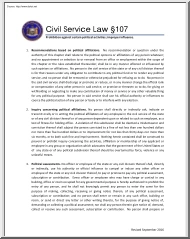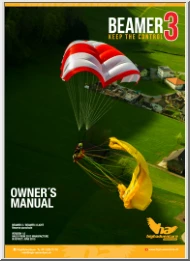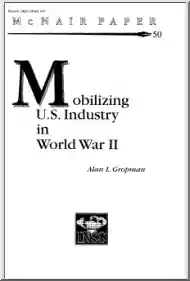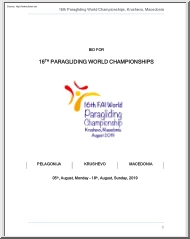A doksi online olvasásához kérlek jelentkezz be!
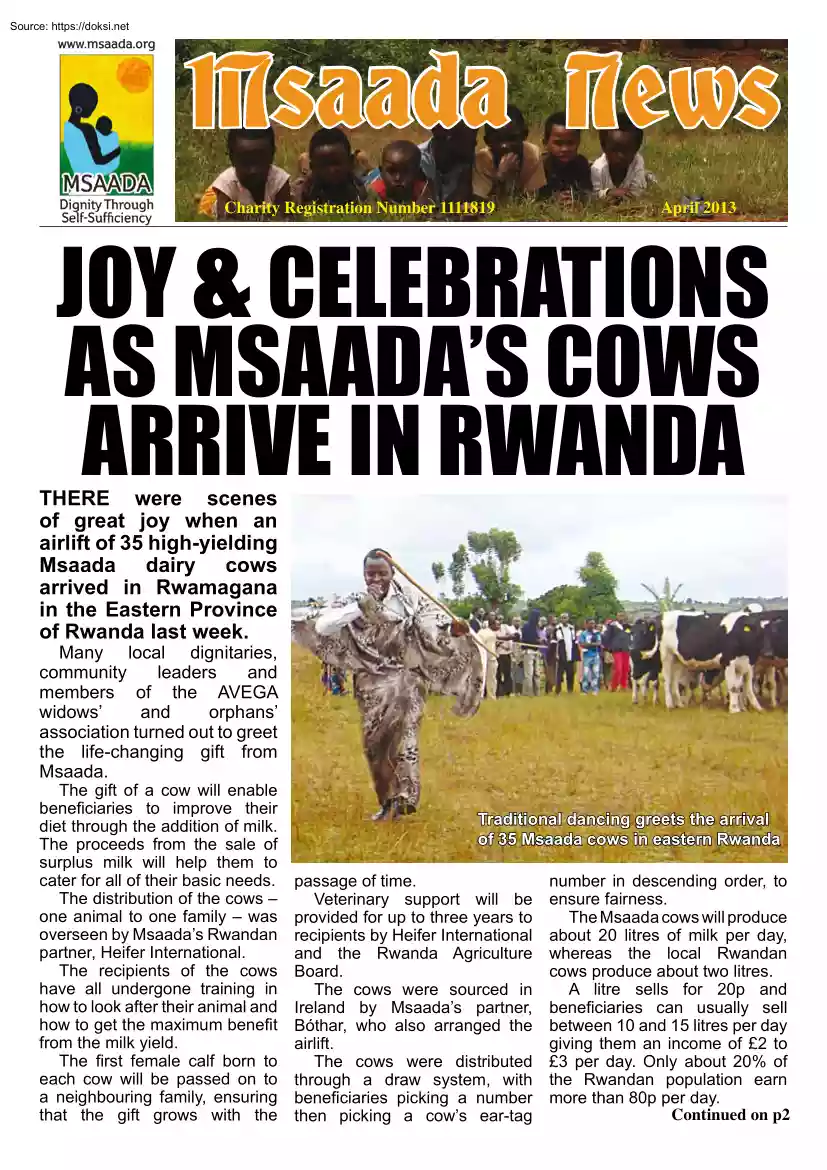
A doksi online olvasásához kérlek jelentkezz be!
Nincs még értékelés. Legyél Te az első!
Mit olvastak a többiek, ha ezzel végeztek?
Tartalmi kivonat
Msaada News Charity Registration Number 1111819 April 2013 JOY & CELEBRATIONS AS MSAADA’S COWS ARRIVE IN RWANDA THERE were scenes of great joy when an airlift of 35 high-yielding Msaada dairy cows arrived in Rwamagana in the Eastern Province of Rwanda last week. Many local dignitaries, community leaders and members of the AVEGA widows’ and orphans’ association turned out to greet the life-changing gift from Msaada. The gift of a cow will enable beneficiaries to improve their diet through the addition of milk. The proceeds from the sale of surplus milk will help them to cater for all of their basic needs. The distribution of the cows – one animal to one family – was overseen by Msaada’s Rwandan partner, Heifer International. The recipients of the cows have all undergone training in how to look after their animal and how to get the maximum benefit from the milk yield. The first female calf born to each cow will be passed on to a neighbouring family, ensuring that the
gift grows with the Traditional dancing greets the arrival of 35 Msaada cows in eastern Rwanda passage of time. Veterinary support will be provided for up to three years to recipients by Heifer International and the Rwanda Agriculture Board. The cows were sourced in Ireland by Msaada’s partner, Bóthar, who also arranged the airlift. The cows were distributed through a draw system, with beneficiaries picking a number then picking a cow’s ear-tag number in descending order, to ensure fairness. The Msaada cows will produce about 20 litres of milk per day, whereas the local Rwandan cows produce about two litres. A litre sells for 20p and beneficiaries can usually sell between 10 and 15 litres per day giving them an income of £2 to £3 per day. Only about 20% of the Rwandan population earn more than 80p per day. Continued on p2 Msaada News From p1 See back page for full details of Msaada’s dairy cow programme Msaada, in co-operation with Bóthar, plan to send a
further 40 in-calf heifers at the end of this year. The estimated cost per cow is £2,500. However, this is diluted many times because of the way the scheme works. When a family receives a cow they must pass on the first female calf to a neighbour. That neighbour in turn also passes on the gift and this continues with every subsequent pass on. In that way, the gift continues to grow year after year. It also means that after 10 years, because of the pass-ons, the average costs of an elite dairy cow in Rwanda will have fallen to just £250. This is a small price to pay to provide many families with the Top: beneficiarites pick numbers to decide on which cow they means to lift themselves out of will receive; Centre: Msaada dairy cows arrive in Rwanda; poverty permanently. Below: greeting the arrival of the 35 Msaada cows Msaada News Cow Ball proceeds help dairy project STAFF, students, parents and friends of Gryphon School helped to fund a dairy cow for a Rwandan family by attending
the recent Cow Ball at the Eastbury Hotel in Sherborne. The event featured photographs of toy cows which people were asked to record in as creative a way as possible. The small plastic cows were photographed in a number of exotic setting from within view of the Northern Lights, to Cuba to the inside of a burger, which it shared with a plastic horse. Mr Tim Ovenden, Deputy Head of Gryphon School, speaking at the Cow Ball Students who had visited Rwanda as part of the Msaada charity schools’ programme provided the staff for the evening. The proceeds of the ball are being used by Msaada to fund their recent airlift of highyielding dairy cows to Rwanda. The event was organised by Mr Tim Ovenden, Deputy Head of Gryphon School, with Lizzie Kingsbury and Louise Woolner, both Gryphon staff. Msaada founder, Billy Kelly, thanked Mr Ovenden and all of the people involved with Gryphon School who worked so hard to make the event a wonderful success. He said it was encouraging to see the
students ,who had visited Rwanda, making an effort to help improve the lives of the people they met during their stay in eastern Rwanda. Students from Gryphon School who visited Rwanda in 2012 and staffed the Cow Ball on the night: Nathan Crumpler, Dom Pollard, Marcus Johns, Hannah Doney, Eillie Teague-Tucker, Cara Northcott, Tom King, Florence Edwards, Ben Murcer and Heather Yeadon a Family’s Msaada News Msaada was established with the support of journalist and broadcaster HELP US TRANSFORM Life A gift that will keep on giving Fergal Keane Msaada founder OFFICERS AND TRUSTEES CHAIRMAN: Jim Farrand, TREASURER: David Zackheim, DIRECTOR: Billy Kelly, TRUSTEE: Graeme Moore 9 Leddington Way, Gillingham, Dorset, SP8 4FF Telephone: 01747 823690 e-mail: msaadarwanda@yahoo.com www.msaadaorg Msaada is a UK Registered Charity Number 1111819 Total support for Rwandan projects to date: £659, 559.00 !------------------------------------ Gift aid I want Msaada to treat the
enclosed donation of £ . as a Gift Aid donation Please make cheques payable to Msaada Name: Address: Postcode: Signature: Date: Msaada has just initiated an ambitious 10-year livestock development programme in Rwanda. This involves securing high-yielding in-calf dairy heifers and distributing them to impoverished families. Each recipient in turn passes on the first female calf to a neighbour. The cost of the cow, its airlift to Rwanda, training for the family, veterinary support and three years monitoring is £2,500. The initial costs seems high, but over time the relative cost of transforming an impoverished family into a small self-reliant business is diluted many times as each subsequent family that receives a pass-on, in turn passes on their first female calf to a neighbouring family.
This system multiplies the number of families lifted out of poverty. After 10 years, with the birth of new calves, the average cost per cow in Rwanda has dropped to £250. Year One: 35 families receive in-calf heifers Milk brings protein to the diet. Each family’s overall health improves. Some of the surplus is shared with neighbours improving their diet – the rest of the milk is sold to provide income for the family. School fees can be paid for children. Manure is used in a simple biogas converter to provide fuel for cooking and lighting. No more trees cut down No more charcoal burned. Respiratory disease from cooking-fire smoke eliminated. Manure is still excellent fertiliser and local crops improve, adding to the family’s income. Grass and legumes for feed grown on tiered, managed pasture protecting against soil erosion in rainy season. Msaada provides certified AI straws from UK and Irish AI stations to ensure pedigree offspring. Year 10: From the annual airlifts, plus
pass-ons, there are now 770 families benefitting Indirectly, local economy improves through availability of cash from dairying. Msaada honey project benefits through increase in number of customers. Msaada hospitality centre (crafts/restaurant/bar) benefits through availability of disposable cash in the community. Big increase in the number of children attending school – Msaada knitting project benefits through providing school uniforms. Enough milk for the group of small producers to start a co-operative creamery, creating decent, sustained employment for locals. Producers add value to their own products through packaging and cheese production
gift grows with the Traditional dancing greets the arrival of 35 Msaada cows in eastern Rwanda passage of time. Veterinary support will be provided for up to three years to recipients by Heifer International and the Rwanda Agriculture Board. The cows were sourced in Ireland by Msaada’s partner, Bóthar, who also arranged the airlift. The cows were distributed through a draw system, with beneficiaries picking a number then picking a cow’s ear-tag number in descending order, to ensure fairness. The Msaada cows will produce about 20 litres of milk per day, whereas the local Rwandan cows produce about two litres. A litre sells for 20p and beneficiaries can usually sell between 10 and 15 litres per day giving them an income of £2 to £3 per day. Only about 20% of the Rwandan population earn more than 80p per day. Continued on p2 Msaada News From p1 See back page for full details of Msaada’s dairy cow programme Msaada, in co-operation with Bóthar, plan to send a
further 40 in-calf heifers at the end of this year. The estimated cost per cow is £2,500. However, this is diluted many times because of the way the scheme works. When a family receives a cow they must pass on the first female calf to a neighbour. That neighbour in turn also passes on the gift and this continues with every subsequent pass on. In that way, the gift continues to grow year after year. It also means that after 10 years, because of the pass-ons, the average costs of an elite dairy cow in Rwanda will have fallen to just £250. This is a small price to pay to provide many families with the Top: beneficiarites pick numbers to decide on which cow they means to lift themselves out of will receive; Centre: Msaada dairy cows arrive in Rwanda; poverty permanently. Below: greeting the arrival of the 35 Msaada cows Msaada News Cow Ball proceeds help dairy project STAFF, students, parents and friends of Gryphon School helped to fund a dairy cow for a Rwandan family by attending
the recent Cow Ball at the Eastbury Hotel in Sherborne. The event featured photographs of toy cows which people were asked to record in as creative a way as possible. The small plastic cows were photographed in a number of exotic setting from within view of the Northern Lights, to Cuba to the inside of a burger, which it shared with a plastic horse. Mr Tim Ovenden, Deputy Head of Gryphon School, speaking at the Cow Ball Students who had visited Rwanda as part of the Msaada charity schools’ programme provided the staff for the evening. The proceeds of the ball are being used by Msaada to fund their recent airlift of highyielding dairy cows to Rwanda. The event was organised by Mr Tim Ovenden, Deputy Head of Gryphon School, with Lizzie Kingsbury and Louise Woolner, both Gryphon staff. Msaada founder, Billy Kelly, thanked Mr Ovenden and all of the people involved with Gryphon School who worked so hard to make the event a wonderful success. He said it was encouraging to see the
students ,who had visited Rwanda, making an effort to help improve the lives of the people they met during their stay in eastern Rwanda. Students from Gryphon School who visited Rwanda in 2012 and staffed the Cow Ball on the night: Nathan Crumpler, Dom Pollard, Marcus Johns, Hannah Doney, Eillie Teague-Tucker, Cara Northcott, Tom King, Florence Edwards, Ben Murcer and Heather Yeadon a Family’s Msaada News Msaada was established with the support of journalist and broadcaster HELP US TRANSFORM Life A gift that will keep on giving Fergal Keane Msaada founder OFFICERS AND TRUSTEES CHAIRMAN: Jim Farrand, TREASURER: David Zackheim, DIRECTOR: Billy Kelly, TRUSTEE: Graeme Moore 9 Leddington Way, Gillingham, Dorset, SP8 4FF Telephone: 01747 823690 e-mail: msaadarwanda@yahoo.com www.msaadaorg Msaada is a UK Registered Charity Number 1111819 Total support for Rwandan projects to date: £659, 559.00 !------------------------------------ Gift aid I want Msaada to treat the
enclosed donation of £ . as a Gift Aid donation Please make cheques payable to Msaada Name: Address: Postcode: Signature: Date: Msaada has just initiated an ambitious 10-year livestock development programme in Rwanda. This involves securing high-yielding in-calf dairy heifers and distributing them to impoverished families. Each recipient in turn passes on the first female calf to a neighbour. The cost of the cow, its airlift to Rwanda, training for the family, veterinary support and three years monitoring is £2,500. The initial costs seems high, but over time the relative cost of transforming an impoverished family into a small self-reliant business is diluted many times as each subsequent family that receives a pass-on, in turn passes on their first female calf to a neighbouring family.
This system multiplies the number of families lifted out of poverty. After 10 years, with the birth of new calves, the average cost per cow in Rwanda has dropped to £250. Year One: 35 families receive in-calf heifers Milk brings protein to the diet. Each family’s overall health improves. Some of the surplus is shared with neighbours improving their diet – the rest of the milk is sold to provide income for the family. School fees can be paid for children. Manure is used in a simple biogas converter to provide fuel for cooking and lighting. No more trees cut down No more charcoal burned. Respiratory disease from cooking-fire smoke eliminated. Manure is still excellent fertiliser and local crops improve, adding to the family’s income. Grass and legumes for feed grown on tiered, managed pasture protecting against soil erosion in rainy season. Msaada provides certified AI straws from UK and Irish AI stations to ensure pedigree offspring. Year 10: From the annual airlifts, plus
pass-ons, there are now 770 families benefitting Indirectly, local economy improves through availability of cash from dairying. Msaada honey project benefits through increase in number of customers. Msaada hospitality centre (crafts/restaurant/bar) benefits through availability of disposable cash in the community. Big increase in the number of children attending school – Msaada knitting project benefits through providing school uniforms. Enough milk for the group of small producers to start a co-operative creamery, creating decent, sustained employment for locals. Producers add value to their own products through packaging and cheese production
